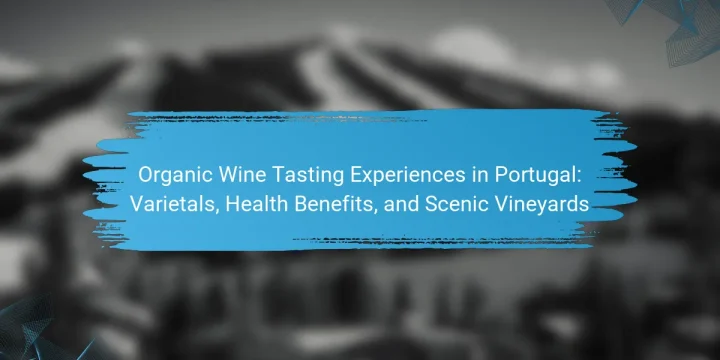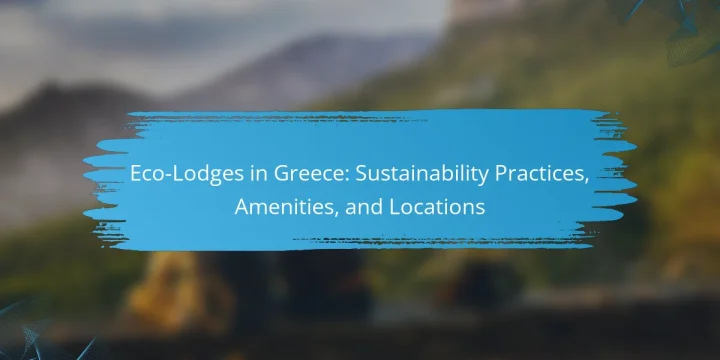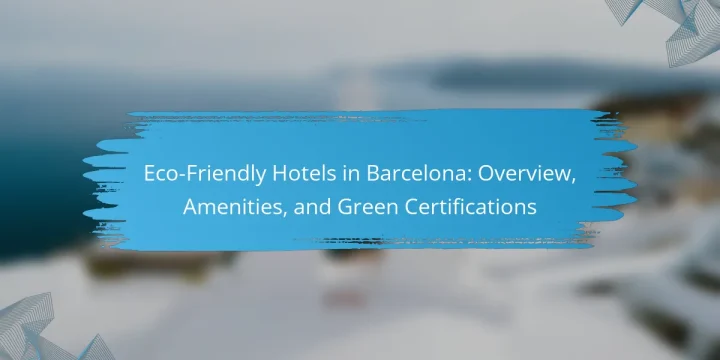
Eco-friendly accommodations in Southern Europe offer travelers a sustainable way to enjoy their vacations while minimizing their environmental impact. These establishments promote energy efficiency, utilize renewable resources, and support local ecosystems. Guests can expect unique features like organic meals and educational programs about local ecology. Positive reviews highlight their commitment to responsible tourism and exceptional service, making them increasingly popular among eco-conscious travelers. What are the environmental benefits of eco-friendly accommodations in Southern Europe? Eco-friendly accommodations in Southern Europe significantly reduce environmental impact. They promote sustainable practices, conserve energy, and utilize renewable resources. Many establishments implement waste reduction strategies, contributing to lower carbon footprints. These accommodations often support local ecosystems and biodiversity, enhancing natural surroundings. How do eco-friendly accommodations reduce carbon footprints? Eco-friendly accommodations significantly reduce carbon footprints by implementing…








